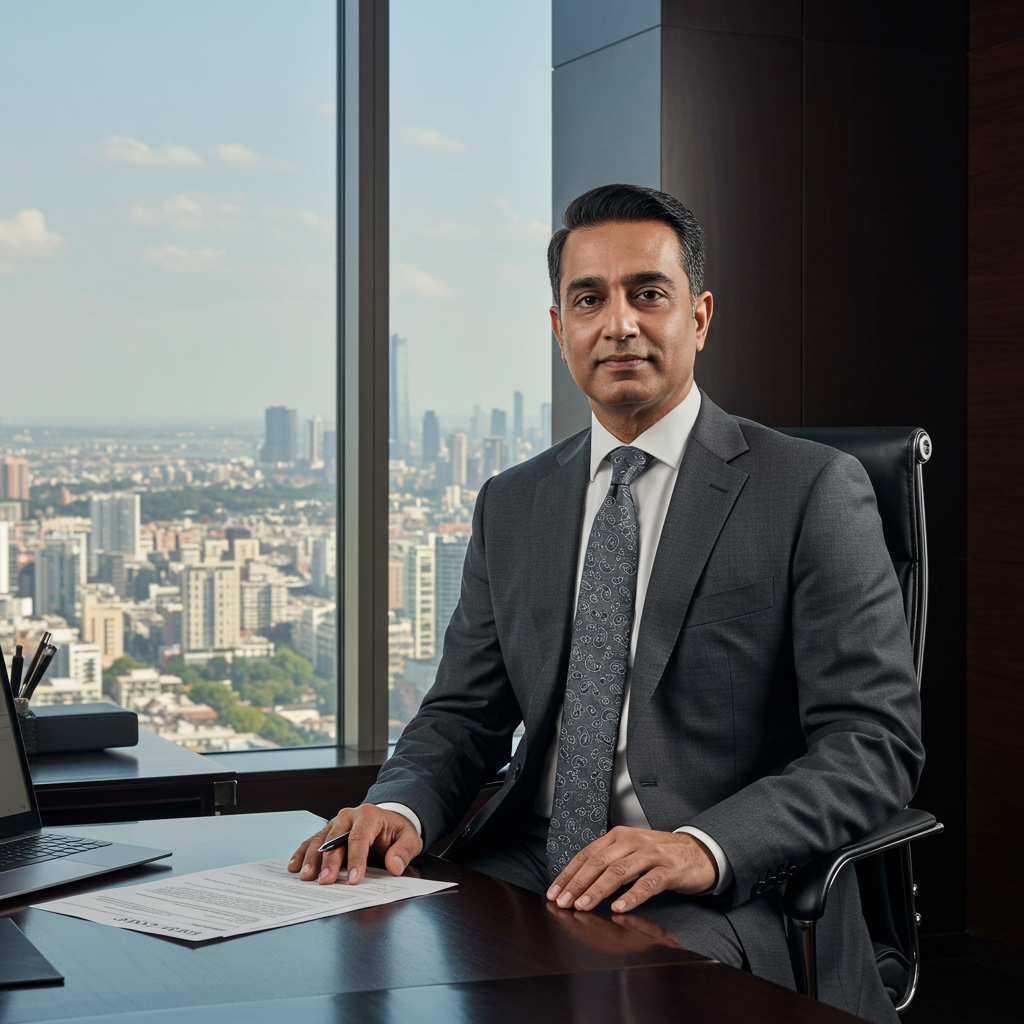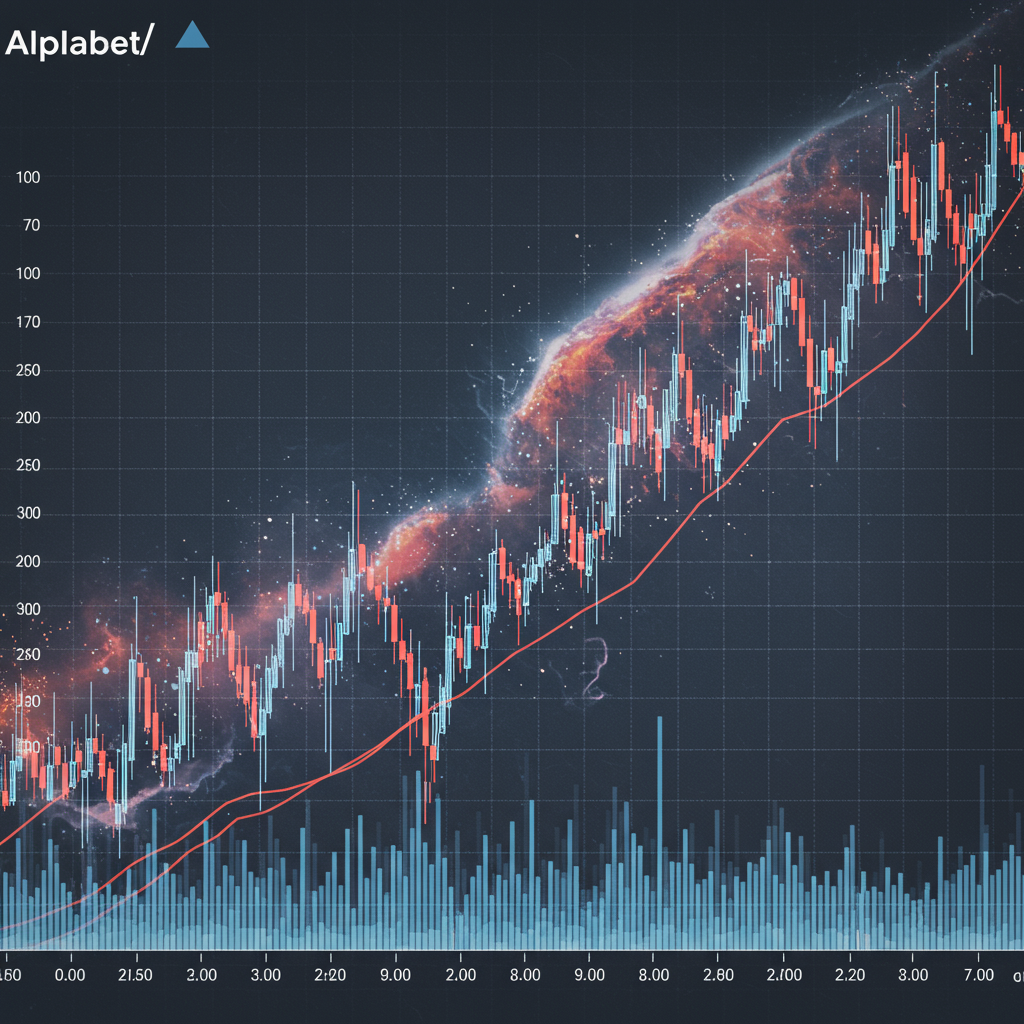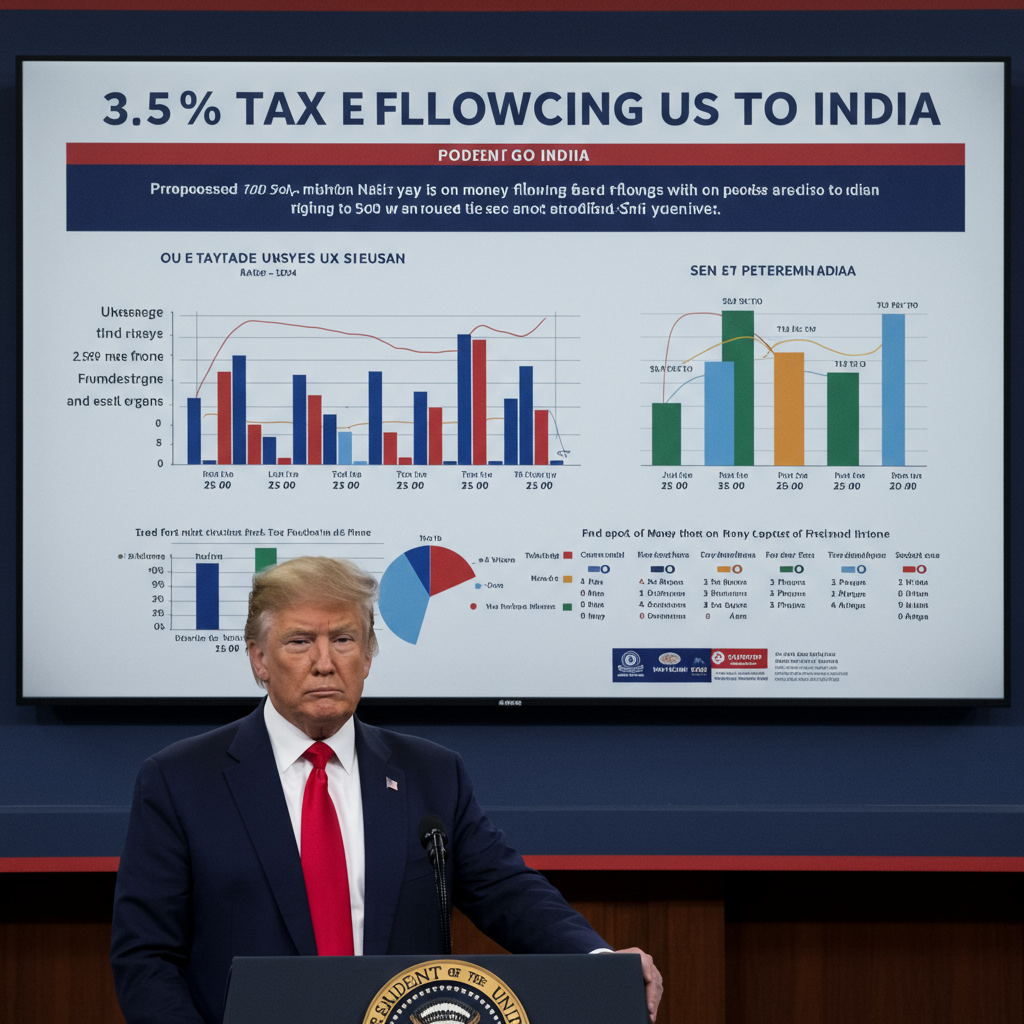While many grapple with economic uncertainties, a distinct segment of society – the ultra-wealthy – reports remarkably high economic confidence. This sentiment, often disconnected from the broader public’s experience, raises critical questions about how prosperity is perceived, its psychological impacts, and its influence on both culture and politics. Understanding the affluent mindset requires a deep dive into financial insulation, the psychology of wealth, and the pervasive societal signals that reinforce this elevated sense of security.
The Bifurcated Economic Reality: A Tale of Two Sentiments
Recent data suggests a stark divergence in economic outlooks. For high-net-worth individuals, the financial horizon often appears bright, fueling continued spending in luxury markets and a generally optimistic disposition. This contrasts sharply with the everyday struggles faced by a significant portion of the population, who contend with fluctuating prices and stagnant wages. Economic experts point to this widening gap in consumer sentiment as a crucial indicator of deepening societal divides.
Luxury Consumption and Insulated Lifestyles
The image of opulence, such as a bustling Sephora store on Beverly Drive, vividly illustrates the resilience of luxury markets. While ordinary households meticulously budget, affluent consumers often demonstrate an unburdened approach to spending. Consider the stark contrast: a parent struggling to stretch a box of macaroni and cheese, versus a wealthy individual for whom a modest increase in consumer prices – dubbed a “Wagyu beef bump” by some commentators – is barely noticeable. This financial insulation allows the wealthy to absorb economic shocks that would devastate others. For instance, while some endure layoffs and a volatile stock market, the elite often remain on “solid footing,” their fortunes largely undisturbed, even potentially growing. This protected reality fuels their positive economic outlook, as they are often shielded from the “pain, disturbance, and detoxing” that officials might describe as necessary for the broader economy.
Beyond the Balance Sheet: The Complex Psychology of Affluence
The elevated economic confidence among the wealthy isn’t solely a matter of financial assets; it’s deeply rooted in psychological patterns shaped by immense privilege. Research into the psychology of affluence reveals a fascinating, and at times concerning, interplay between wealth and behavior. Studies suggest that extreme wealth can foster a diminished capacity for empathy, an inflated sense of self-importance, and a tendency towards self-serving decision-making.
Wealth’s Impact on Empathy and Social Behavior
Psychological investigations offer compelling insights into how the brains of the wealthy might be “hardwired differently.” Experiments, such as observing driver behavior at intersections, have shown that individuals in expensive cars are significantly more likely to cut others off and less likely to yield to pedestrians. This isn’t just anecdotal; studies consistently demonstrate that lower-income individuals tend to be more generous, giving a greater proportion of their income to charity, and report experiencing more distress when confronted with others’ suffering. Wealthier individuals, conversely, often exhibit higher levels of narcissism. This shift is attributed not to inherent character flaws, but to a process of “socialization.” Insulated lives, larger homes, less crowded schools, and reliance on staff rather than a community network can reduce the need for pro-social engagement, effectively suppressing the mirror neuron system crucial for empathy and “social attunement.” While not entirely irreversible, this disengagement can contribute to isolation, grandiosity, and a decreased sense of collective responsibility.
Political Influence and Detached Economic Views
This psychological insulation extends into the political and economic spheres, shaping the perspectives of the ultra-wealthy. Economic policy experts have highlighted a particular brand of “political ignorance” among some affluent elites. Many wealthy individuals, despite their vast resources, often express shock at predictable political outcomes, such as the imposition of widespread tariffs, even when these policies were clearly articulated by leaders. This disconnect stems from an assumption of “economic rationality” that often prioritizes personal financial gain above broader societal impact. Historically, successful businessmen sometimes mistakenly believe their financial achievements inherently qualify them as experts on complex economic policy, leading to ill-informed pronouncements. This often results in a narrow focus on policies that directly benefit them—like tax cuts and deregulation—while showing indifference to social safety net reductions that do not affect their personal lives. This “malign influence” on politics, driven by immense wealth and often profound ignorance, can steer policy decisions away from the common good.
The Glamorization of Riches: Media’s Role and Societal Consequences
Contemporary media, particularly television, plays a significant role in shaping perceptions of wealth, often presenting it as the ultimate marker of a significant life. This pervasive glamorization can have profound societal and psychological implications, subtly influencing public aspiration and discouraging empathy for ordinary struggles.
Television’s “Gilded Age Archetypes”
Cultural critics observe a widespread trend where virtually every show, from prestige dramas to reality TV, features exceedingly wealthy individuals in aspirational settings. Characters who once navigated recognizable financial constraints are now depicted as “Gilded Age archetypes,” preoccupied with lavish renovations and opulent social events. While series like Succession or The White Lotus ostensibly critique wealth, they paradoxically fuel aspiration; locations featured in these shows quickly become fully booked by eager tourists. This consistent portrayal, akin to an animated Vogue or Architectural Digest, effectively removes narrative stakes, making storylines “lifeless” and uninspired. More critically, it reshapes our collective psyche, establishing wealth as the primary indicator of a meaningful existence and rich people as the only ones deserving of attention. This trend discourages empathy for the “99 percent of American lives” that often feel increasingly precarious and are rarely represented on screen.
The Nuances of Affluent Life: Beyond the Glamour
Despite the outward appearance of ease, even within the circles of extreme wealth, life is not always a gilded dream. Individuals who marry into obscenely wealthy families often experience significant culture shock, revealing vast disparities in perspective and values. Money, while abundant, can come with “strings attached,” leading to a loss of autonomy and intense scrutiny over personal choices. Some recount feelings of inadequacy, a constant struggle to “keep up,” or even being treated like a “servant” by in-laws who leverage financial power to control adult children. The pressure to conform to new social norms, maintain appearances, and navigate complex family dynamics, where inheritance can become a “rat race,” demonstrates that wealth doesn’t guarantee happiness. In many cases, it introduces unique forms of stress and a “self-imposed prison” where external expectations can overshadow personal well-being. This hidden complexity reminds us that while the wealthy may project confidence, their lives are not always as straightforward as they appear on the surface.
Challenging the “Techno-Utopia” and Reimagining Progress
The confident outlook among the elite is often tied to a belief in progress driven by technological innovation and a “tech-solutionism” mindset. However, this perspective, frequently championed by tech billionaires, often prioritizes fantastical, futuristic endeavors—like Mars colonization—over pressing Earth-bound problems. This pursuit of an “algorithmically guaranteed utopia” can neglect critical issues, justifying a concentration of wealth and power under the guise of innate superiority, echoing historical social Darwinism.
The concept of a “CEO-in-chief” governing like a “joint-stock corporation,” or “techno-feudalism” focused on “socialization and control” rather than democratic liberalism, highlights a dangerous shift. Critics argue that this hubris, often fueled by an inflated sense of self and an echo chamber of “yes-men,” leads to unscientific claims and a disregard for societal welfare. Challenging this mindset requires a re-evaluation of what constitutes genuine progress and a renewed focus on collective well-being rather than a narrow, self-serving vision of the future. Cultivating empathy and promoting authentic, diverse narratives are crucial steps toward bridging the widening chasm of economic sentiment and fostering a more equitable society.
Frequently Asked Questions
Why do wealthy individuals often report higher economic confidence?
Wealthy individuals typically report higher economic confidence due to several interconnected factors. They benefit from financial insulation, meaning their assets and income largely protect them from the price fluctuations and economic downturns that significantly impact average consumers. They also often have political influence, shaping policies that favor their economic interests, such as tax cuts or deregulation, which further bolsters their outlook. Psychologically, immense wealth can lead to a diminished sense of empathy and an inflated sense of self-importance, making them less prone to distress over broader economic struggles that don’t directly affect them.
How does the portrayal of extreme wealth in media influence public perception?
The pervasive portrayal of extreme wealth in contemporary media, particularly on television, significantly influences public perception by normalizing and glamorizing opulent lifestyles. This often creates “aspirational consumption,” where viewers are encouraged to desire what the wealthy possess, leading to increased anxiety or unhappiness with their own financial situations. Critics argue that such depictions remove narrative stakes, making drama “lifeless” and simultaneously reshaping the collective psyche to view wealth as the primary marker of a significant life. This trend can discourage empathy for the struggles of the vast majority of people who face economic precarity.
What are the broader societal implications of this widening gap in economic sentiment?
The widening gap in economic sentiment between the wealthy and the general populace has profound societal implications. It highlights and exacerbates economic inequality, as policies benefiting the affluent may come at the expense of others, leading to increased social stratification. This disparity can also foster political ignorance among the elite, as their insulation from economic hardship can lead to a detached understanding of policy impacts on everyday citizens. Furthermore, it can contribute to a “techno-feudalism” where a powerful elite, driven by an inflated sense of capability, pushes for anti-democratic changes and technological “solutions” that prioritize their interests over collective well-being, potentially undermining democratic institutions and societal cohesion.



